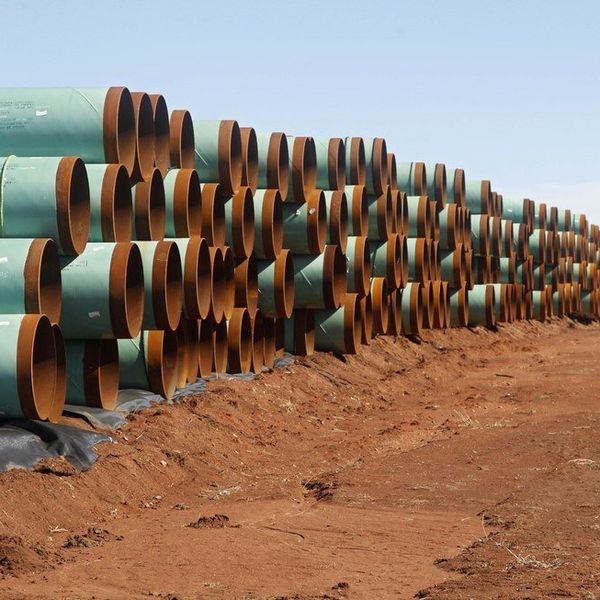When someone says "oil-producing country," the first name that comes to your mind may be Saudi Arabia. Or Iran, Iraq, Qatar, etc. Next would probably be America or Canada, given the recent news concerning the Keystone XL pipeline. Maybe you'll think of Venezuela or Argentina; maybe even Russia. The point is, you're probably not thinking of Nigeria, which is the largest producer of oil in the African continent.
In Nigeria, the largest oil producing company is a state-run organization called the Nigerian National Petroleum Corporation (NNPC) created in 1977. Since then, they have developed twelve subsidiaries, including the Nigerian Gas Company, National Engineering and Technical Company Limited, and Nigerian Petroleum Development Company. This gives the Nigerian government considerable control over the oil industry in the state. And it's more than just the buying and selling of oil; Nigerian state control through the NNPC includes overseeing oil production and exploration, development, refining, distribution, etc.
The NNPC has recently come under state scrutiny due to recent corruption charges and inability to turn a profit. Oil is a huge contributor to Nigeria's economy, and accounts for 75 percent of their national income. However, corruption is so prevalent that "hundreds of thousands of barrels are stolen every day, at each level of the supply chain." So even though oil heavily affects the Nigerian economy and thus, the Nigerian people, corruption is so rampant that the state is essentially being cheated out of millions of dollars.
Furthermore, after oil prices dropped, the NNPC became less capable of competing on a global scale. Their main product (and one of Nigeria's principal exports) suddenly dropped significantly in value, and that hurts the corporation's ability to create profit to remain functioning. Low gas prices have so deeply affected the NNPC, in fact, that they are at a loss of $15 million.
The state's solution, then, is to divide the NNPC into 30 "profit-making" corporations, instead of a "loss-making" institution. Nigeria's president, Muhammadu Buhari has run on the platform, and repeatedly states, that he is especially keen to reduce corruption in the oil industry. Corruption, however, especially in such a potentially lucrative industry, is extremely hard to pinpoint and eradicate.
Whether or not a 30-part NNPC would be successful remains to be seen. Until then, the Minister of State for Petroleum Resources, Ibe Kachikwu, promises that the NNPC will be profitable by July. This would mark the first time they have made a profit in a fiscal year since 2001. Until July, however, we can only wait and see.





















